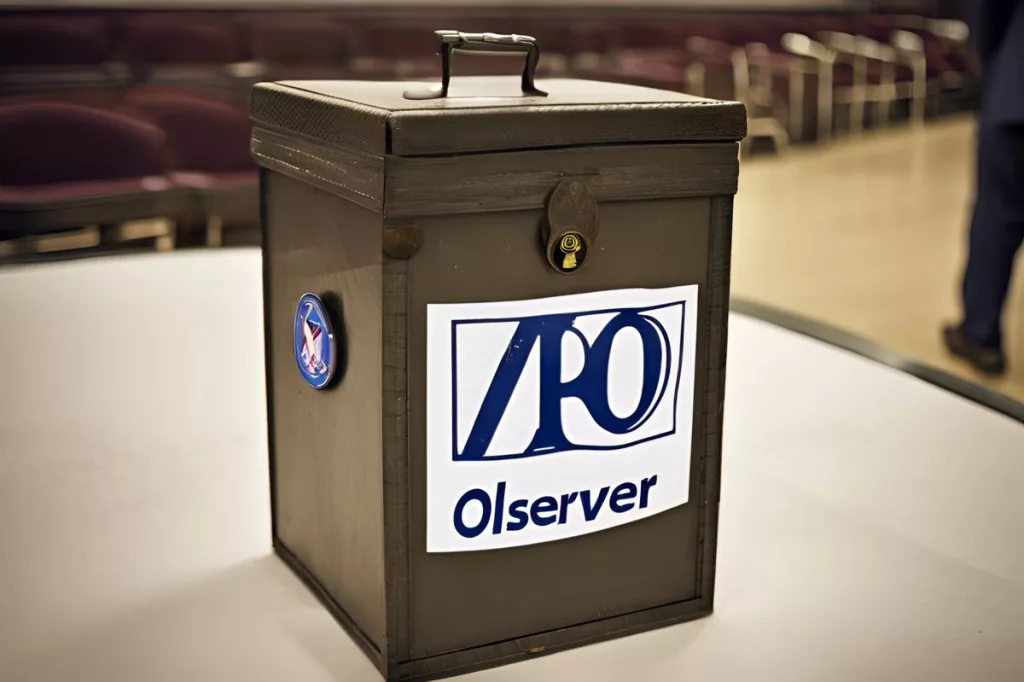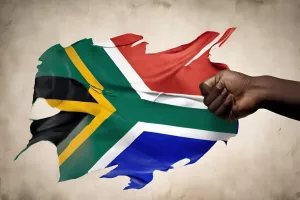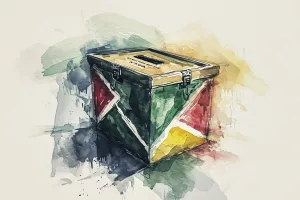In South Africa’s upcoming general elections, the Democratic Alliance (DA) has called for global oversight and independent election monitors, which has sparked a rivalry with the Independent Electoral Commission (IEC). The IEC views the DA’s actions as a potential hindrance to their work, while the DA emphasizes the need for transparency and impartiality in the electoral process. The debate highlights the significance of democratic culture and global best practices during a time of misinformation and digital deceit.
Supporters of former South African President Jacob Zuma and the MK Party are concerned about being excluded from the upcoming general elections, leading to increasing political tensions in the country. The African Democratic Change councillor has warned that barring the MK Party could lead to civil unrest, potentially halting all electoral activities. The MK Party is also battling legal disputes with the ruling African National Congress over the use of its symbols. Despite the uncertainty, the hope for peaceful resolutions and fair democratic processes continues.
South Africa is gearing up for its 2024 General Elections, with the Independent Electoral Commission (IEC) working tirelessly to ensure fair and transparent elections. Meanwhile, worldwide electoral perspectives show the importance of financial transparency and democratic ideals, with Cyprus’s compulsory voting system and proportional representation and the EU’s adherence to common standards for free and fair elections. The IEC’s role extends beyond logistical operations, as it serves as a guardian of hope for South Africa’s progress and inclusivity, resonating with the universal pursuit of representative governance.



